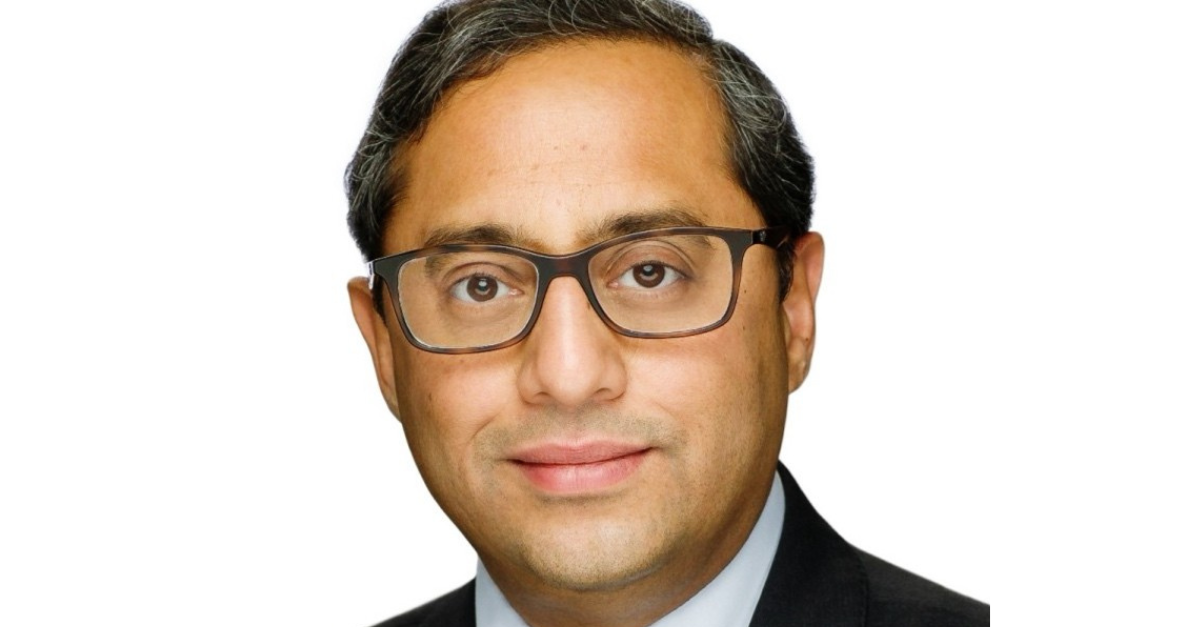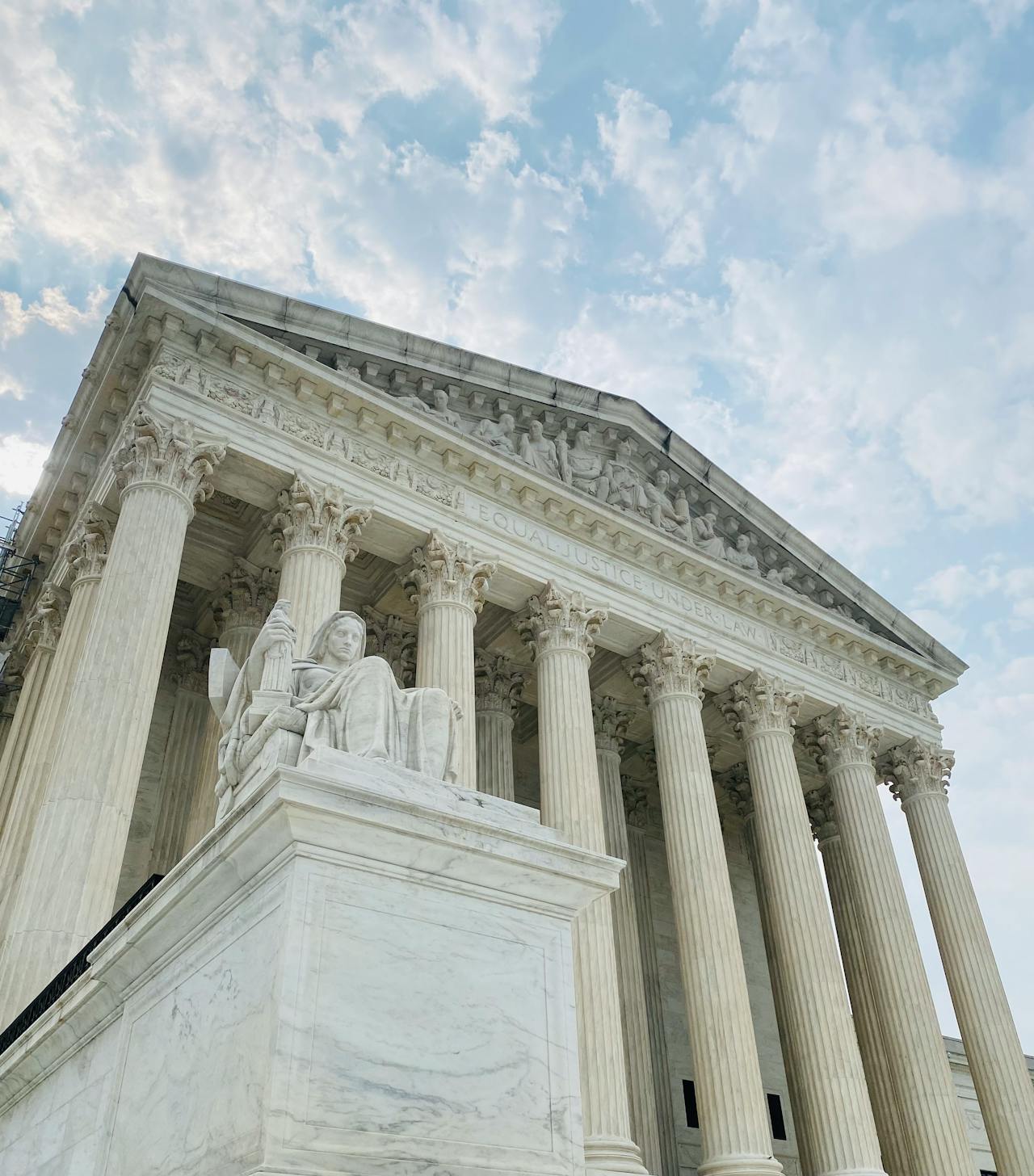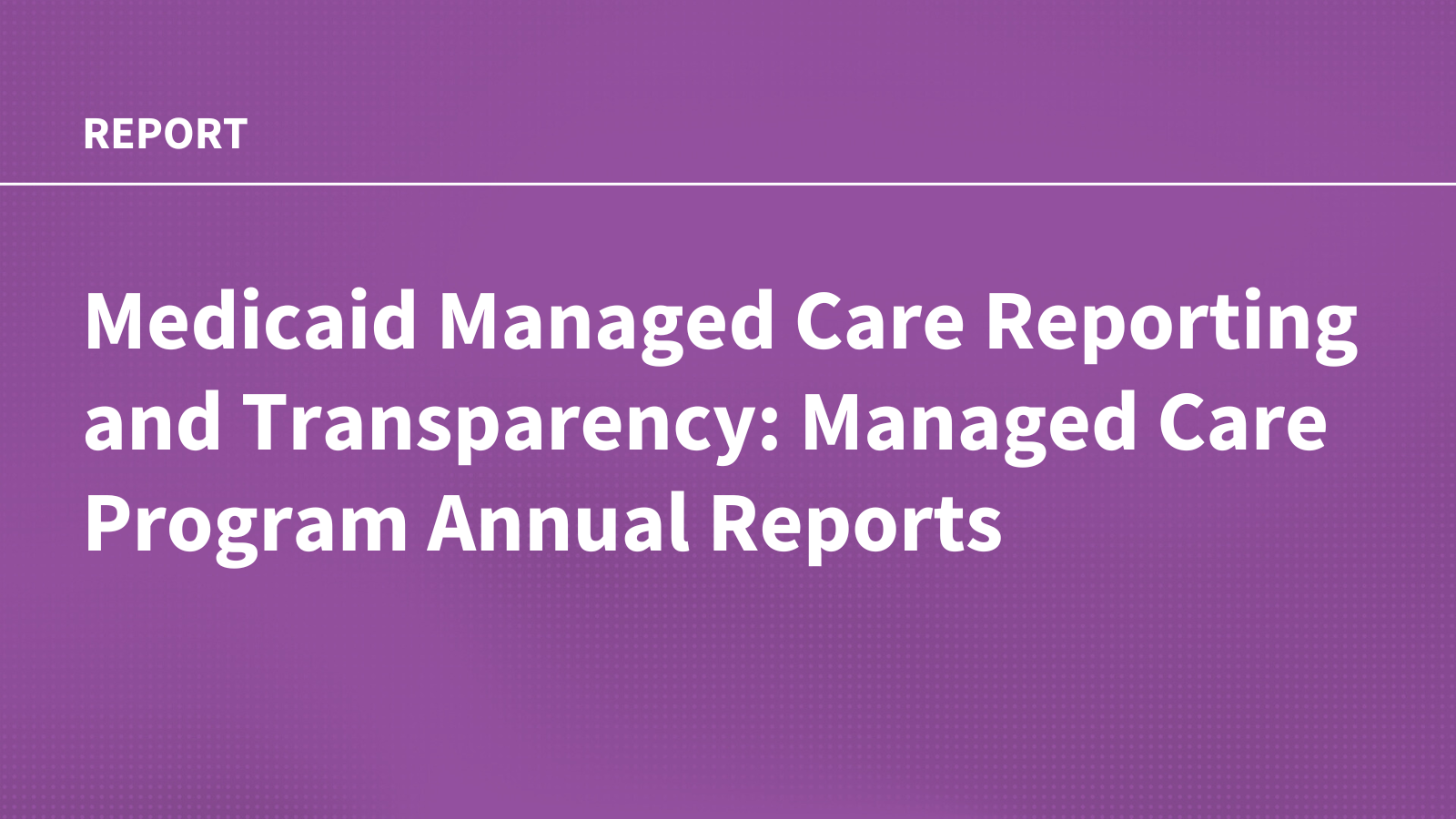U.S. consumers across the political spectrum are largely in favor of new legal protections against medical debt, and the majority are laying blame at the feet of the insurance industry rather than other healthcare players like hospitals or drugmakers, according to a new national survey.
The poll of 1,319 2024 general election voters, fielded between Aug. 21 and Sept. 2, 2025, found about 35% currently owed money or have debts due to medical and dental expenses. Eighty-four percent said they believed having health insurance should protect people from medical debt, and 74% said the country’s current health insurance system is “mostly failing” in protecting from medical debt.
When asked who they blame most for the issue of medical debt, 63% pointed their finger at insurance companies (70% among Democrats, 62% among Republicans and 59% among independents). Overall, 12% primarily blamed pharmaceutical companies, 9% hospitals and 2% doctors.
Meanwhile, when asked how much they trusted individual sections of the healthcare system to look after their best interests, respondents primarily pointed to doctors and other providers (85%) as somewhat or very trusted, followed by hospitals (78%). Fewer described a similar level of trust for health insurance companies (34%), and even less commonly trusted were drug companies (32%), private equity firms that own practices (29%) and corporate-run large health systems (26%).
Undue Medical Debt, a nonprofit that partners with healthcare and government organizations to purchase and extinguish low-income Americans’ medical debt, which conducted the survey with research firm PerryUndem and the University of Chicago’s NORC, said responses from focus groups held in March often pointed to “corporate greed” for healthcare’s high prices.
“When it comes to health insurance companies and just the costs … it doesn’t matter, you know, what’s your political ideology,” said a focus group respondent with Marketplace coverage who was cited in the report. “I feel like everybody’s frustrated with the system and everybody wants it to be better and everybody wants costs to be lower.”
Grievances with the healthcare insurance system at large were shared across parties but were somewhat more prevalent among Democrats. More than three-quarters of survey respondents said they believed the U.S. needs to switch from employment-tied coverage—with Democrats again more in favor than Republicans—while 70% of all respondents said they had a somewhat or very unfavorable view of high-deductible health plans.
Beyond gauging blame for medical debt and unaffordability, Undue Medical Debt’s survey asked respondents whether they would support various medical debt protections that have been passed at the state level. The examples were heavily favored by respondents from both parties.
State laws that lead the pack included limits on the allowed interest rate for medical debt (94% overall, 95% Democrats and 92% Republications), limits on collection agencies’ ability to take property over medical debt (90% overall, 93% Democrats and 88% Republicans) and requirements for all hospitals to use a uniform application for financial assistance (89% overall, 94% Democrats and 84% Republicans).
Other noteworthy policies include banning medical debt from people’s credit reports similar to the short-lived federal practice (81% overall, 90% Democrats and 76% Republicans), and a requirement for hospitals to provide financial assistance to all patients earning less than 200% of poverty level (89% overall, 91% Democrats and 75% Republicans).
Undue Medical Debt noted in its survey report that the majority of respondents, regardless of political alignment, said they would feel better about their state elected officials if such protections were passed and would be more likely to vote for them.
“At a time of great political division, as health policy and insurance funding is literally the crux of one the longest government shutdowns in U.S. history, it’s heartening to see that a desire for action from state officials to combat the medical debt crisis unifies voters,” Allison Sesso, CEO and president of Undue Medical Debt, which was formerly known as RIP Medical Debt, said in a release. “In our polling we have identified common sense, practical policy solutions that are already successfully protecting families from the financial and emotional turmoil of unpayable healthcare bills. Medical debt is a common ground issue that voters, almost universally, want their elected leaders to address.”
Respondents to the survey commonly described financial sacrifices, care avoidance and mental stress or anxiety due to medical debt. These burdens and behaviors are often cited by Undue Medical Debt and its government or industry partners as causes for systemic reforms or sweeping forgiveness actions—though the effectiveness of the latter has previously been called into question by researchers.
Publisher: Source link










